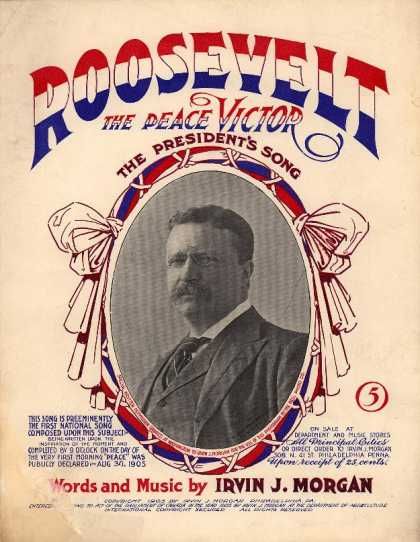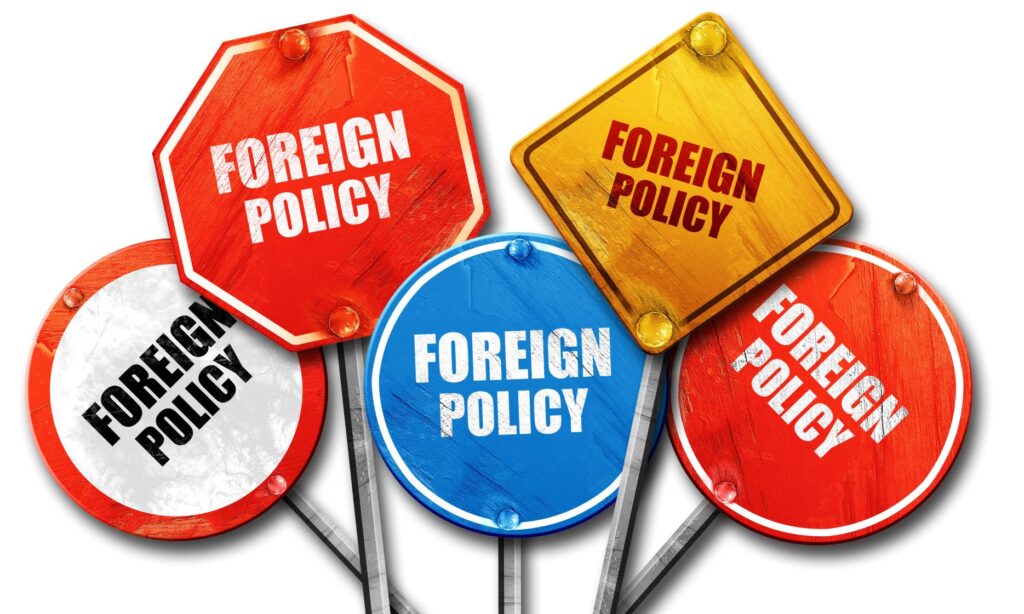The foreign policy debate has been dominated by the reaction to the Russian invasion of Ukraine and its effect on our relations with the rest of the world. As I mentioned here, TR’s heart, soul and perhaps body would have been with the Ukrainians as they defend their independence against Vladimir Putin’s brutal attack. However, a realist foreign policy would recognize that the US and the world have other important interests as well (see this previous post). It is not appeasement to keep the door open to the potential for negotiations for a peaceful end to the war, if simply because this is how almost all wars end. Meanwhile, the challenge of China and Central American stability potentially impact the American future as much, if not more, than the outcome of the war in Ukraine.
The most important foreign policy issue, though, arises here at home. TR was a strong proponent of presidential power, but the abuse of the war power by recent presidents has led us into forever wars far afield from our core interests. Our continued involvement in Iraq is a classic example. The House has considered a resolution to finally repeal the Bush Administration’s 2003 Authorization for use of Military Force under the War Powers Resolution. The only record vote occurred in the House of Representatives and can be found here
https://clerk.house.gov/Votes/2021172
The resolution needs to be strengthened to prevent further abuses (see here), but cleaning up the past excesses is at least a start.
Not much further from home lies the instability in Central America, which has fueled the immigration crisis. Congress passed a bill to address one aspect of the crisis through strengthening the fight against corruption in Nicaragua, which the former Sandinista guerrilla leader Daniel Ortega has turned into a family dictatorship. Those votes can be found at
S 1064 – Reinforcing monitoring of corruption & Human rights in Nicaragua
https://clerk.house.gov/Votes/2021354
The oppression of China’s Uighur minority is just one example of Chinese President Xi Jin-Peng’s increasingly dictatorial rule. Indeed, it is not only a symbol of the brutality of the regime, but also its cynical mercantilist economic policy to monopolize the solar power and clean energy industries (see my previous post on the subject here). HR 6256 imposes importation limits on goods produced using forced labor in China, especially in the Xinjiang Uighur Region, and imposes sanctions related to such forced labor. It was passed by a unanimous voice vote in both the Senate and the House and has been signed by the President. It is one of the few examples of when politics did stop at the water’s edge, enabling Congress to act across party lines to defend both human rights and our own economic strength.



